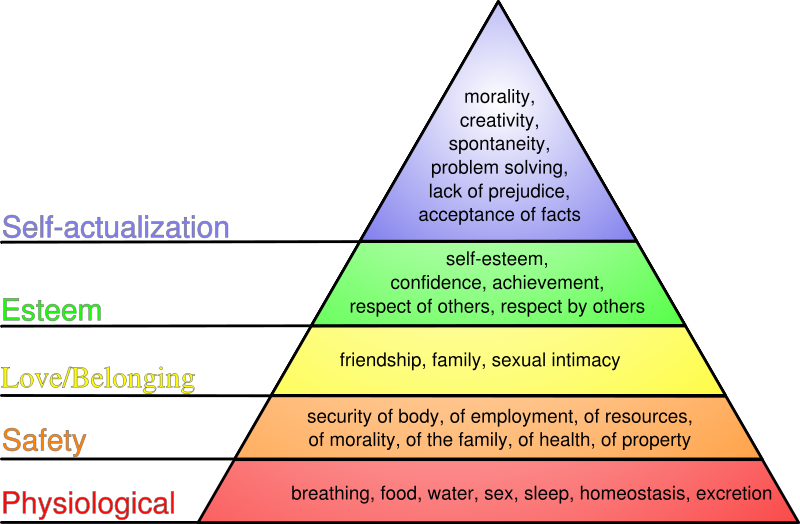Please choose one of the following prompts and write a one-page, double-spaced response. Remember what we have discussed about analysis vs. summary, and as always, please point to specific examples from the text to help you make your points.
1. Do any of the characters in A Doll’s House remind you of other characters we’ve read about this semester? If so, explain which characters you are reminded of and why they come to mind.
2. On page 821, Nora says, “Torvald is a man with a good deal of pride—it would be terribly embarrassing and humiliating for him if he thought he owed anything to me. It would spoil everything between us; this happy home of ours would never be the same again.” In your opinion, what is this “happy home” built on? What hangs in the balance here? Why is Nora trying to protect her “big secret”?
3. Why do you think Nora confesses to forging her father’s signature when Krogstad confronts her about the date?
4. To Europeans in the 19th century, the ending of A Doll’s House was scandalous. Although the play was popular, it was not socially accepted; much like Torvald, the European audience cared very much about appearances, and they did not want to endorse Ibsen’s ideas. The play was banned in Britain for many years. At the time, the marriage covenant was considered sacrosanct, beyond reproach, and Ibsen caused an outrage by portraying a dysfunctional relationship. Nora’s leaving at the end of the play was particularly scandalous. People rioted. In the German theater, the actors refused to perform the play as written, and the ending was altered. In the alternate version, Nora does not leave. She is forced to stay with Torvald and the children. Ibsen defended his original ending, writing in a letter, “I may almost say it was for the sake of the last scene that the whole play was written.” Why is this so? Why is the ending so important to the play? Why must Nora leave Torvald at the end in order for the play to be “true”? How would it be different if she stayed?
5. Why is Nora so upset when Rank declares his love for her? Why doesn’t she want to hear it? Use this example to discuss the theme of dream vs. reality.
6. On page 841, Nora tells Rank, “Well, you see, there are those people you love and those people you’d almost rather be with.” Interpret this statement. What does Nora mean? Do you think she still feels this way at the end of the play?
7. Do you think Mrs. Linde is justified in her actions on page 850? Krogstad offers to take the letter back, yet Kristine decides that “this unhappy secret must come out.” Is this her place to decide? Why is she interfering? Would you have done the same in her place? Why or why not?
8. Explain how the tarantella (a traditional Italian dance) and everything that surrounds its preparation, practice, and eventual performance can be viewed as a symbol for the change that is taking place in Nora.
9. At the end of the play, Nora speaks of the “miracle of miracles,” defining it as a “real marriage” rather than a relationship with a “stranger.” Do you think this “miracle” is possible for the Helmers? Do you think there is any chance for them in the future? Explain why or why not.












